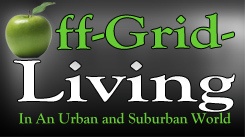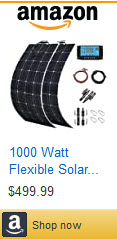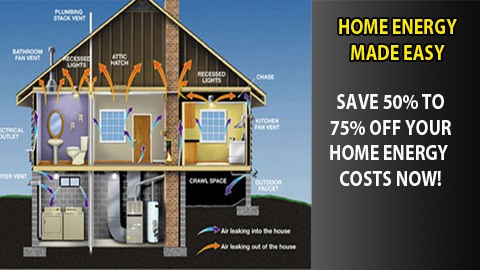
“To be off the grid is to be disconnected from most of America's infrastructure without having to cross any border.”
W. Kamau Bell

What is the Purpose of Off Grid Power Systems (and What Are The Benefits of Using Them)?
The best off grid power systems: Electricity is used for a variety of applications. From cooking to washing to entertainment, electricity is used in households and businesses. Indeed, it's hard, if not impossible, to imagine life without it. Most of us take electricity for granted, but it is hard to believe that in 2016, around 940 million people worldwide still have no access to electricity. What's more shocking is that non-renewable sources, including oil and gas, are still the main sources of electricity, although renewable sources are growing quickly. Governments and businesses are working hard to connect all households to electricity, and it's working.
Data suggests that between 2005 and 2016, around 1.26 billion people gained access to electricity for the first time. Nevertheless, more progress is needed to ensure that all people will get access to electricity. With that being said, various solutions have been proposed to connect households to electricity while not causing harm to the environment or communities. Among these solutions are off grid power systems. But what are they used for, and what are the benefits of using off grid power systems?

What are your Off-Grid Power options?
Before we look into the purposes of off grid power systems and the benefits of using them, we need to define what an off-grid power system actually means. To define it in simpler terms, an off-grid power system is a form of a power system independent and not connected to an electric grid. On the other hand, an electric grid is a network of electricity consumers and producers that allow electricity to be transmitted from a generating station to distribution lines to a residential or commercial building. Most off grid power systems are operated using renewable energy sources, notably solar, wind, hydropower (micro-hydro), and even batteries.

What is the Purpose of Off-Grid Power Systems?
Just like power systems connected to electric grids, off-grid power systems provide electricity to both commercial and residential establishments alike. Off-grid systems allow families and businesses to operate and do day-to-day tasks that need electricity, such as washing, cooking, lighting, and even entertainment. However, off-grid power systems have been seen by policymakers, community leaders, and businesses alike to solve the lack of access to electricity that many people all over the world still experience.
Off-grid power provide electricity to houses and businesses without being connected to electric grids. Because of this, renewable energy sources such as solar, wind, and micro-hydro energy are often used to power off-grid systems. Hence, off-grid systems have become a sustainable solution in providing electricity to communities that cannot be reached by electric grids for various reasons such as cost and location. Isolated communities and individual households that want to reduce their negative impact on the environment greatly benefit from off-grid power systems as they could get power without having to rely on electric grids that mostly run on non-renewable energy sources, such as oil and gas.
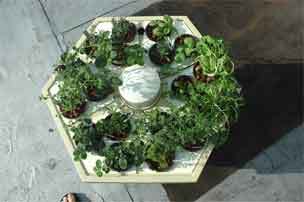
What are The Benefits of Off-Grid Power Solution?
The benefits that off-grid power systems provide to both communities and the environment alike are huge. Sadly, not everyone still sees the advantages of using off-grid power systems in households and businesses alike. Since this is the case, here are some of the greatest advantages of using off-grid power systems.
Reducing Negative Impacts on the Environment
Because most off-grid power systems use renewable sources such as sunlight, wind, and even water, they are environmentally friendly and have little to no negative impact on the environment. This is great for anyone who is committed to cut down their carbon footprint on their daily activities, which involve using electricity.
Also, power stations that use oil and gas to generate electricity greatly contribute to greenhouse gas emissions contributing to global warming. In fact, the Center for Climate and Energy Solutions reported that electricity and heating is the main source of greenhouse gas emissions all over the globe. This is one of the main reasons NGOs, governments, and businesses worldwide look up to off-grid power systems as an attainable and sustainable solution to the lack of access to electricity and greenhouse gas emissions caused by power generation.
Cutting Down Costs
Households in the United States spend about 2 to 3 percent of their salaries on electricity, although the cost of electric bills varies from location to location and from country to country. Despite this, many households, even in large cities, still use off-grid power systems to reduce electricity costs in their homes. Many people are attracted by the promise of making their homes self-sufficient when it comes to electricity through off-grid power systems. Because of that, off-grid power systems do not only save the environment by limiting the carbon footprint of individual households and businesses, but they could also help them save up money that would otherwise go on paying electric bills.
Helping Isolated Communities Gain Access To Electricity
Electric grids have their own limitations. For instance, some households in small, isolated communities and huge, well-connected cities do not have access to electricity because the grid could not reach them. It takes a lot of time and money to expand an electric grid to reach far-away communities that do not have access to electricity. With this problem in mind, off-grid power systems provide an affordable, environment-friendly, and easy solution to the lack of electricity access in isolated communities. Once these power systems are set up in individual households and even businesses in an isolated community, they could quickly gain access to electricity to make life easier for people living in these communities.
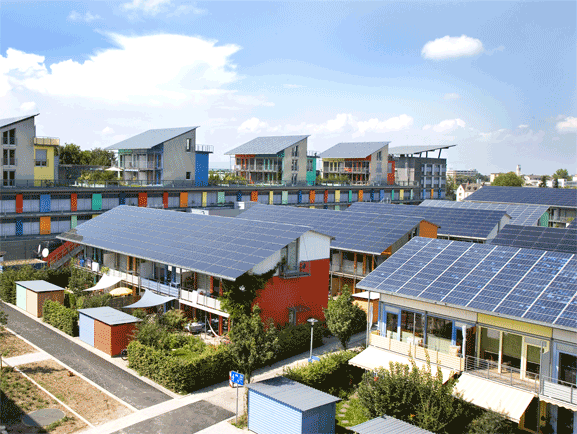
Conclusion
Lack of access to electricity is still a huge issue in various places all over the world, notably in Africa, Latin America, and Asia. Electric grids require a lot of infrastructure and money to build and expand, which means that they might not be a viable solution to this issue anytime soon. Luckily, off-grid power systems make households, businesses, and communities become more self-sufficient when it comes to electricity without causing harm to the environment and providing cost to these people.
